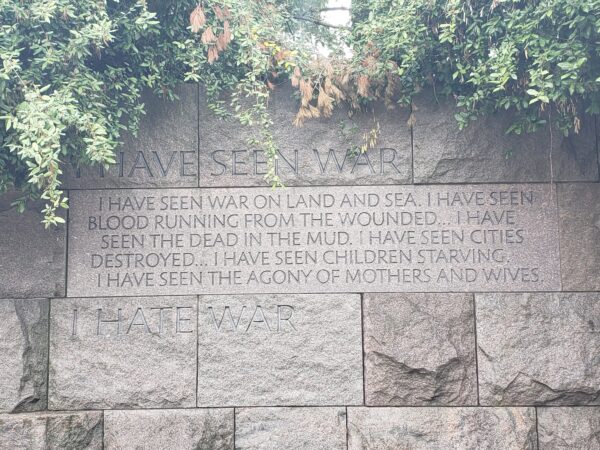
This piece is from the Political Theology Network archives originally posted on March 17th 2016.
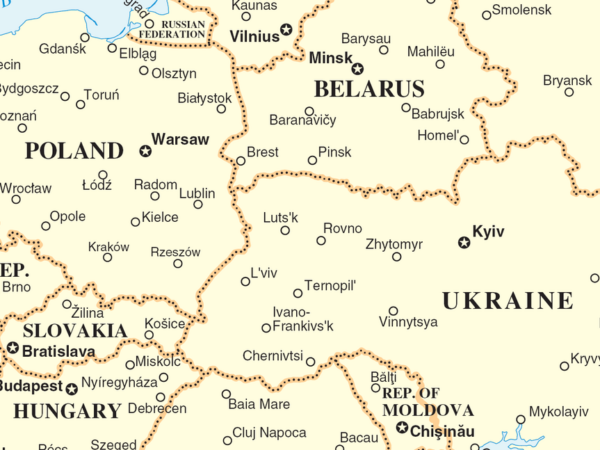
I am a Christian theologian who abhors war and believes that all other reasonable means should be exhausted before the use of lethal force is undertaken. At the same time, I am convinced that there are times – albeit rare – when the evil is so great that no measure other than force will prevent grave atrocities on a massive scale.
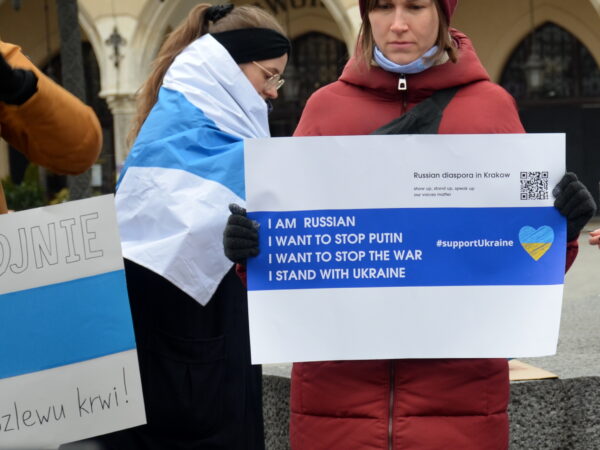
Paul J. Griffiths contends that the hands of every American taxpayer now drip with blood because the U.S. is supporting Ukraine’s war of self defense. American hands might be covered in the blood of innocents from Afghanistan to Somalia to Yemen, but there has been no transgression in Ukraine. In fact, from the perspective of Christian just war reasoning, it can be argued that the U.S. and Europe have not done enough.
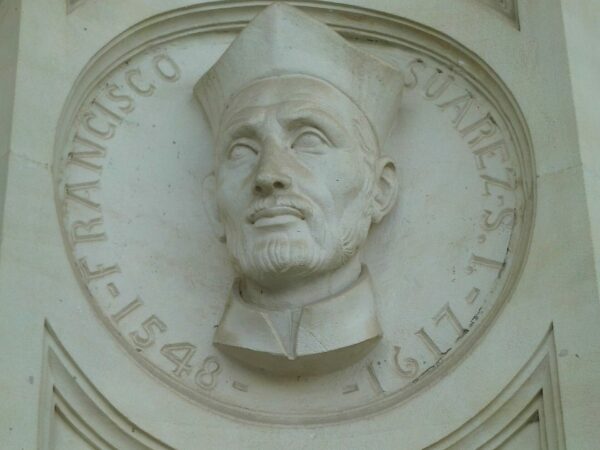
The Russian invasion of Ukraine has become a protracted war between Ukraine and Russia, with elements of a new Cold War where Ukraine’s western Allies are fighting Russia by proxy through the supply of weapons and other aid through the NATO alliance. The just war standard of “reasonable chance of success” is not part of the original theory devised by Saint Augustine or St. Thomas Aquinas, but a later innovation made by Francisco Suárez to prevent wars from deteriorating into a long cycle of revenge by parties at war.

It should be uncontroversial that the Ukrainians have a right to defend their people and their land. However, some have argued that Pope Francis is spearheading a rejection of the just war tradition, replacing it with a thoroughgoing pacifism that would in principle deny this right to the Ukrainian defenders. As an analysis of the Pope’s position, I think this is mistaken.
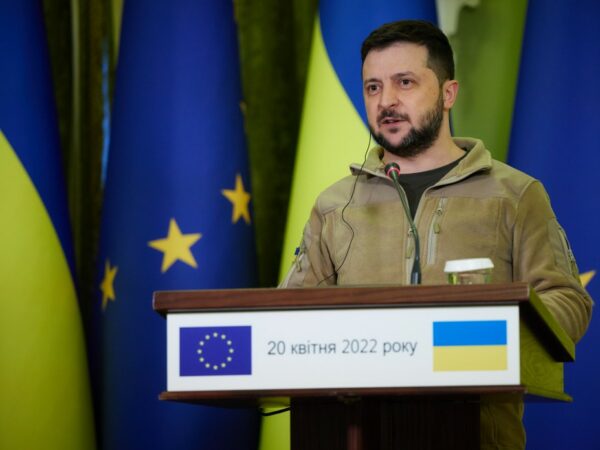
No doubt there are complex reasons of history and diplomacy behind such qualifications and hesitations. But it is accurate to say that they reflect the increasing Catholic skepticism about the moral justification of war at all. But the Ukrainian decision to fight presents an important challenge to that skepticism.

Upon completing the book, I wanted to turn my attention to my other scholarly interests. I wanted to look away. However, the book, despite whatever shortcomings it has, seems to have struck a chord. Reading groups have used it on several campuses. I have given more talks already since its 2021 publication than about any other topic over the course of my career.
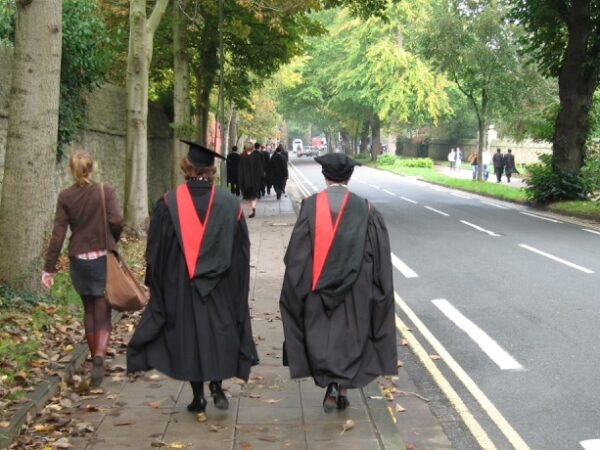
I have been interviewing thirty persons, mostly forcibly-terminated professors from Protestant and Catholic institutions, and several professionals who work with them. Their stories demonstrate a stunning depth of disillusionment. The majority of these often-ordained religionists feel so betrayed by the church that they – and often their families – refuse to be part of it anymore.

Most disciplines in the university are less about workforce development and more about various forms of thinking and knowledge. The idea seems to be that if we develop individuals in a broad sense, then that will spill over into workforce skills and productivity. While I do believe that in some sense this is true, I am not sure how much this is happening or how important it actually is.

